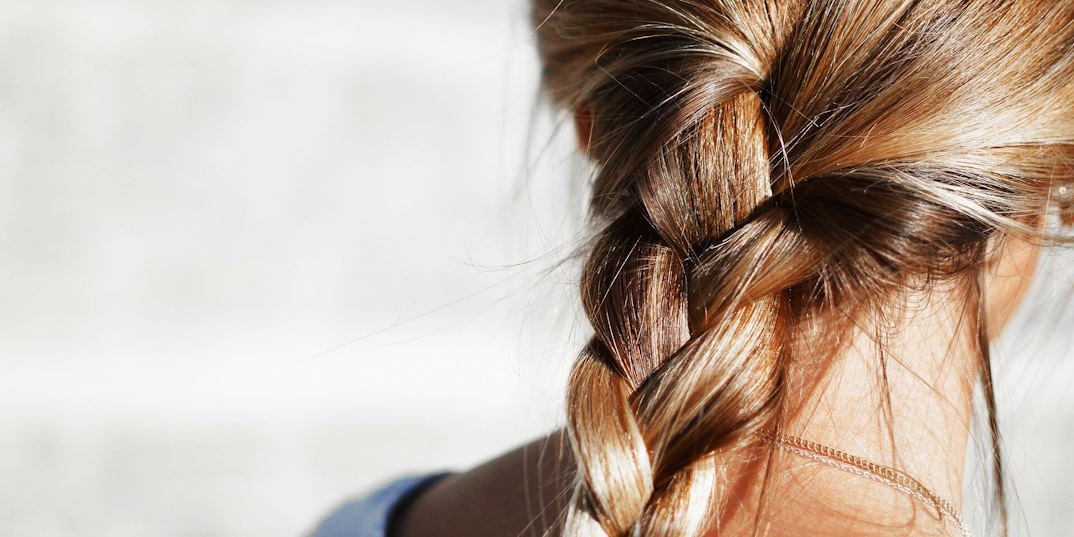Adolescence comes with a flurry of changes, both internal and external. Amidst the transformations in physique, emotions, and social dynamics, teenagers often find themselves facing a myriad of new challenges, one of which is caring for their changing hair.
Why does teens’ hair require special care?
The adolescent years mark a significant period of change, not only in terms of physical and emotional development but also in the care and maintenance of one’s hair. As teenagers journey through puberty, their bodies undergo myriad transformations, including those that affect their hair. Hormonal fluctuations during this time can lead to alterations in hair texture, oil production, and scalp health, making it essential to adopt a specialized approach to hair care.
One of the primary reasons why teens’ hair requires special care is the hormonal surge accompanying puberty. Increased hormonal activity can lead to an overproduction of sebum, the scalp’s natural oil. This excess oil can make the hair appear greasy and contribute to issues such as dandruff and scalp irritation. Moreover, changes in hormone levels can affect the hair’s texture, making it either oilier or drier than before.

Additionally, transitioning from childhood to adolescence often brings about shifts in grooming habits and lifestyle factors that can impact hair health. Teenagers may experiment with different styling techniques, such as heat styling or chemical treatments, which can put stress on the hair strands and lead to damage if not properly managed.
In light of these factors, it becomes evident that teens’ hair requires special care to address the unique challenges posed by this transitional phase of life. Understanding these challenges and implementing appropriate hair care practices can help teenagers maintain healthy, vibrant hair as they navigate the journey to adulthood.
What care does teens’ hair require?
Teens should adopt a balanced hair care routine tailored to their specific needs.
Start with a gentle shampoo and conditioner suitable for their hair type, washing every other day to avoid stripping natural oils. Regularly brush hair to distribute oils and prevent tangles. Minimize heat styling and harsh chemical treatments, opting for heat protectants when necessary. Maintain a nutritious diet and stay hydrated for overall hair health. Use a wide-tooth comb on wet hair to prevent breakage. Lastly, schedule regular trims to avoid split ends and maintain hair vitality.


 Love beauty hacks?
Love beauty hacks?